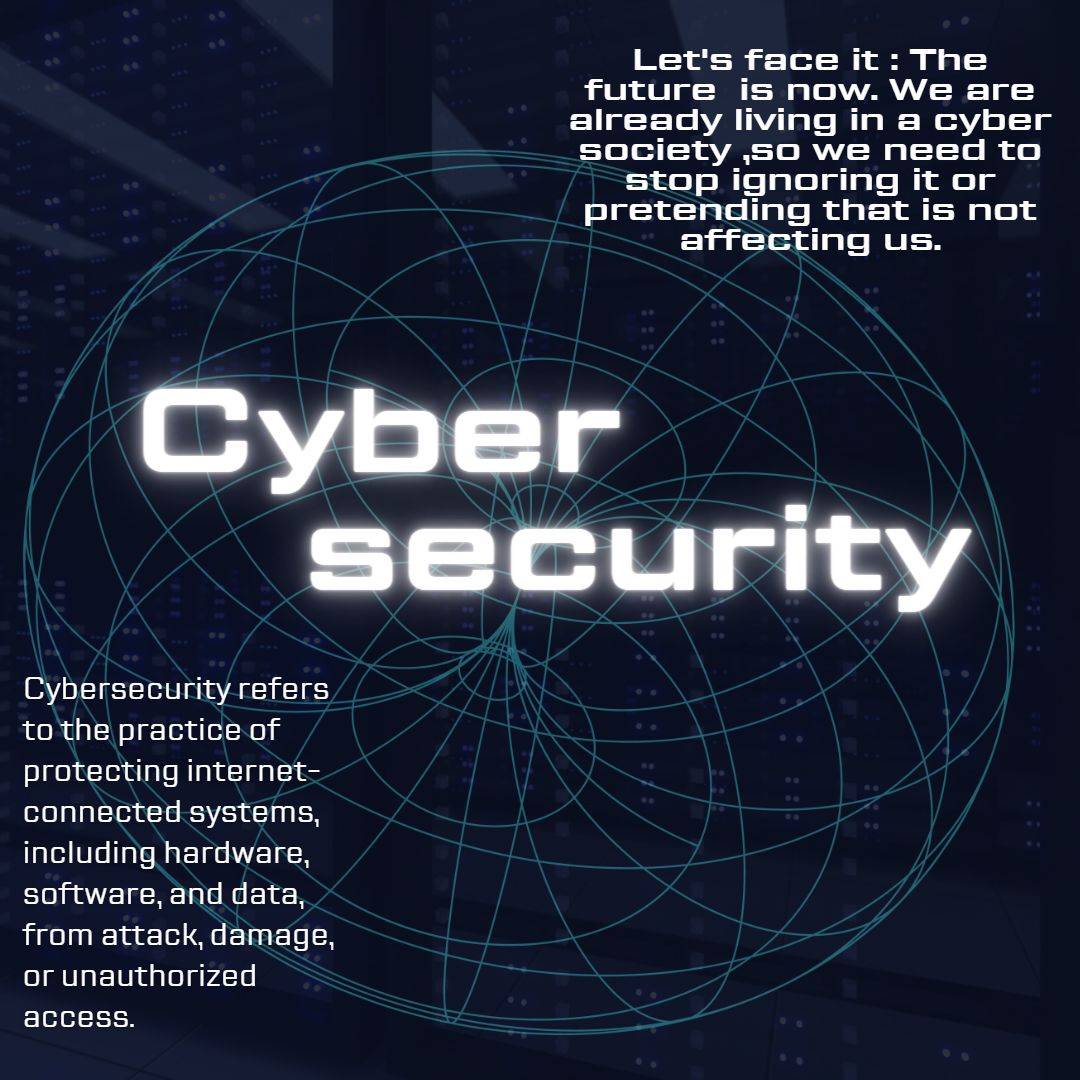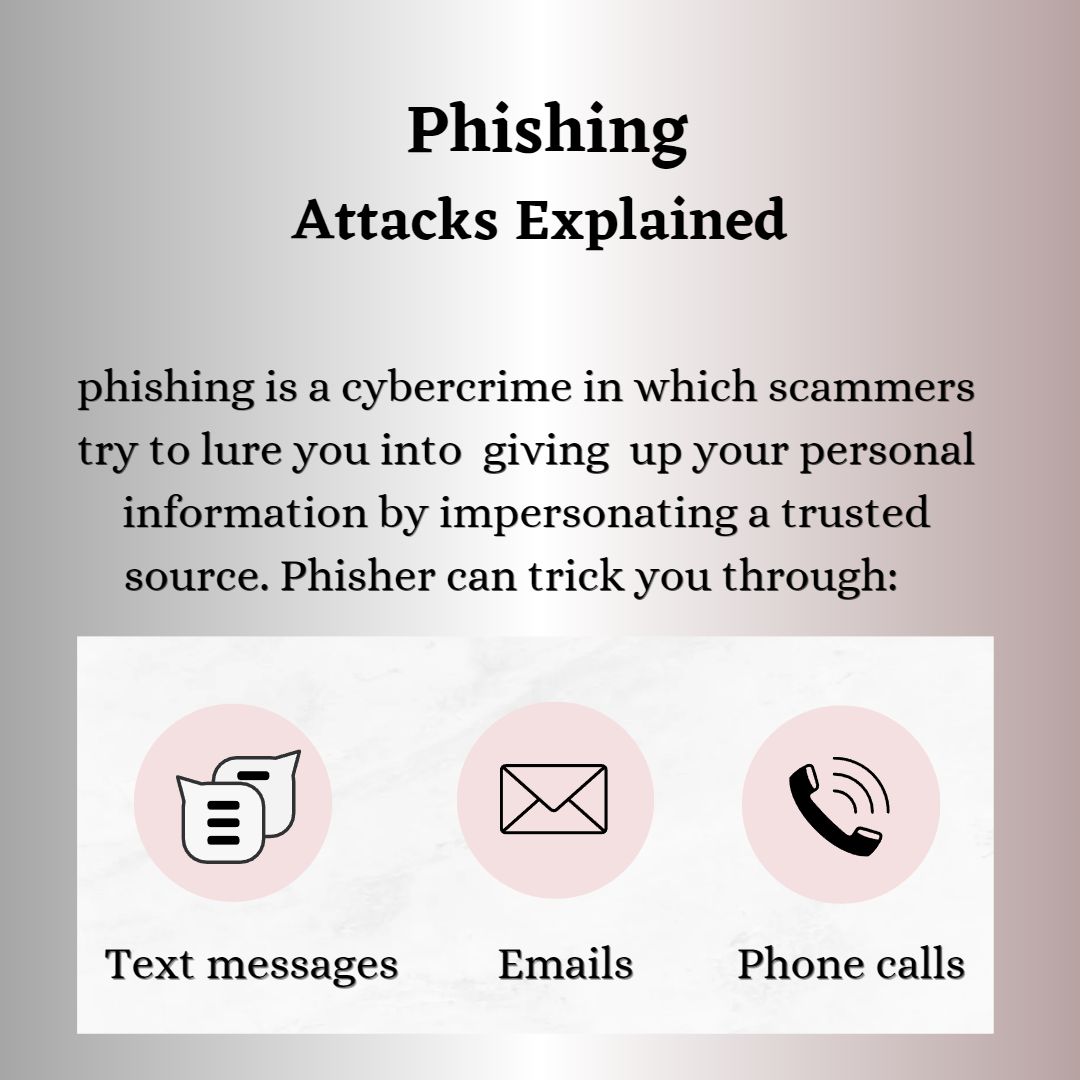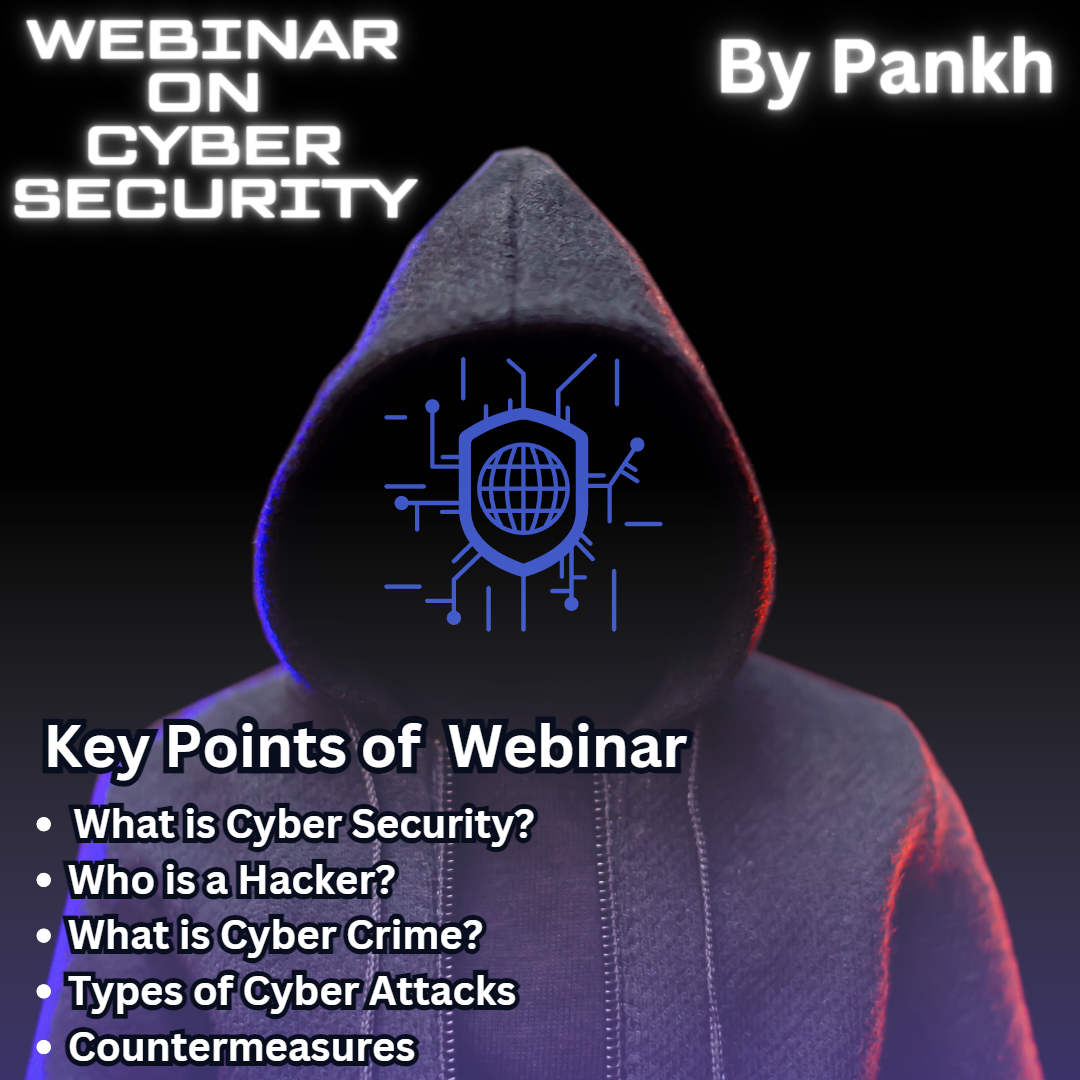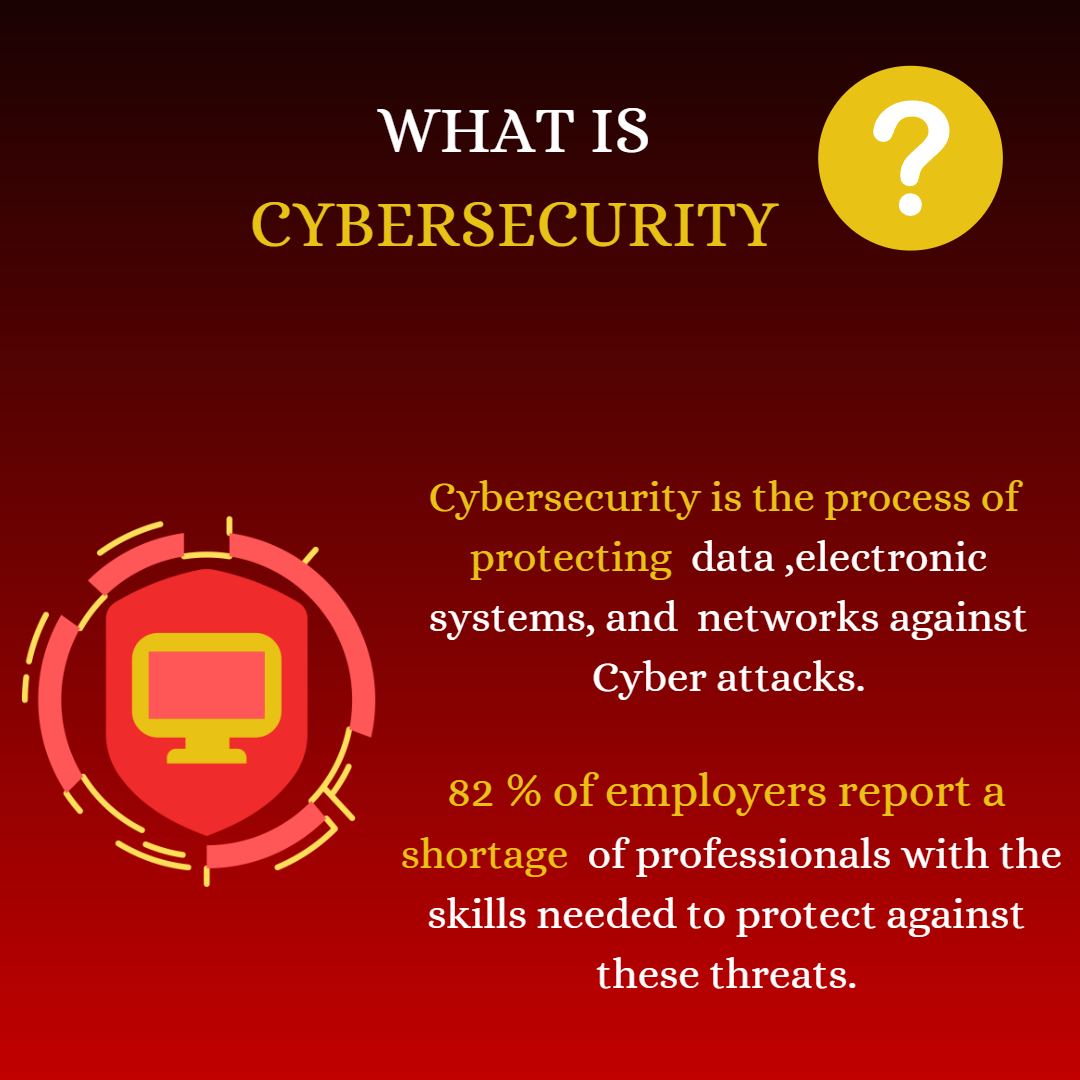Cyber Stalking
Cyber stalking refers to the use of the internet, electronic communication, or other digital technologies to harass, threaten, or stalk individuals or groups. This behavior may involve monitoring, sending abusive messages, impersonation, and spreading false information with malicious intent. Cyber stalking can happen on various platforms, including social media, email, and messaging apps, leading to psychological, emotional, and sometimes physical harm to the victims.
Cyber stalking is a form of online harassment that involves using digital platforms to intimidate, threaten, or stalk individuals or groups. Unlike traditional stalking, cyber stalking takes place in the virtual realm, where the stalker can target victims through social media, email, text messages, and other online communication methods. The anonymity and global reach of the internet allow perpetrators to hide their identities and target individuals across geographical boundaries, making it easier for them to engage in abusive behavior. This persistent harassment can take many forms, from threatening messages to spreading false information and impersonating the victim online.
Methods of Cyber Stalking
Cyber stalking involves a range of tactics that stalkers use to harass, control, or intimidate their victims. These methods have become more varied and sophisticated with the advancement of digital technologies. Understanding the different techniques can help individuals better protect themselves from becoming targets. One of the most common methods of cyber stalking is social media surveillance, where stalkers obsessively monitor their victim’s online activity. Platforms like Facebook, Instagram, and Twitter allow stalkers to gather personal information, track interactions, and follow location updates. Even seemingly innocent posts or check-ins can give stalkers enough data to exploit the victim’s privacy and security.
Another prevalent method is email and messaging harassment. Stalkers may bombard their victims with threatening or abusive messages through emails or instant messaging apps like WhatsApp, Signal, or Telegram. These messages often contain intimidating content designed to induce fear and anxiety in the victim. In some cases, stalkers may send phishing emails that contain malicious links or attachments, leading to the theft of personal data or the installation of malware on the victim’s device. Organizations like Pankh Cybersecurity Consultancy(https://www.pankhs.com) can help individuals secure their communication channels and prevent these types of attacks.
Stalkers may also engage in identity theft and impersonation. This involves creating fake profiles, sometimes pretending to be the victim, and using these accounts to damage the victim’s reputation. They may interact with the victim’s friends, family, or colleagues to spread false information or manipulate relationships. Impersonation is not only emotionally damaging but can also have legal and professional repercussions for the victim. Consulting services like Pankh Cybersecurity offer solutions for preventing impersonation by educating users on secure digital practices and helping victims regain control of their online identities.
Location tracking is another dangerous method of cyber stalking. Stalkers can use a victim’s smartphone, GPS, or even social media check-ins to monitor their physical location. Some cyber stalkers go as far as installing spyware or tracking apps on the victim’s device, giving them real-time updates on the victim’s whereabouts. Spyware can often go undetected, collecting data on a victim’s movements, calls, and messages. Experts like Pankh Cybersecurity specialize in detecting and removing spyware, helping victims regain their privacy and security.
In more severe cases, stalkers engage in doxing, the act of publicly releasing private information about the victim. This could include the victim’s home address, phone number, workplace, or financial details. Once this information is available online, the victim is exposed to a broader range of threats, including harassment from third parties. Doxing can lead to severe emotional distress and even physical danger if others act on the leaked information. Victims of doxing can turn to organizations like Pankh Cybersecurity, which provide specialized services to secure personal data and remove sensitive information from public databases.
Another insidious method of cyber stalking is hacking into personal accounts. Stalkers may attempt to hack into the victim’s social media accounts, email, or even financial platforms to gather information, manipulate personal data, or control communications. Once inside, the stalker can change passwords, lock out the victim, or post damaging content. Protecting online accounts with strong passwords and two-factor authentication is critical. Companies like Pankh Cybersecurity accounts offer comprehensive cybersecurity training and support to help individuals safeguard their accounts from unauthorized access.
Lastly, cyber stalkers often rely on manipulation and catfishing. In catfishing schemes, the stalker pretends to be someone else, luring the victim into emotional or romantic entanglements under false pretenses. This can lead to financial extortion, emotional abuse, or long-term manipulation of the victim. Often, victims are unaware they are being deceived until it’s too late. To prevent this form of stalking, awareness and education about online safety are essential, and services like those provided by Pankh can equip individuals with the knowledge to detect and avoid such scams.
In conclusion, the methods of cyber stalking are varied and constantly evolving as technology advances. Stalkers can exploit every aspect of a victim’s digital life, from social media posts to private emails, in their quest to control or harm. Understanding these methods is the first step toward defending against them. Organizations like Pankh Cybersecurity play a crucial role in providing the tools, expertise, and education needed to stay safe in today’s increasingly connected world.

One of the most common forms of cyber stalking involves constant monitoring of the victim’s online activities. Stalkers may obsessively track social media profiles, looking for updates or clues about the victim’s personal life, whereabouts, and interactions with others. This can escalate into behaviors such as hacking into personal accounts, installing spyware, or even using GPS tracking to follow the victim in real time. This digital surveillance invades the victim’s privacy and creates a sense of constant fear and anxiety, knowing that their every move is being watched.
Forms of Cyber Stalking
Harassment: Repeated and unwanted contact, such as threatening or obscene messages, is one of the most common forms of cyber stalking. Victims may receive constant emails, texts, or social media messages that are intended to intimidate or cause distress.
Doxing: In this form of stalking, private or personally identifiable information (PII) is published online without the victim’s consent, exposing them to further harassment or harm. This may include sharing addresses, phone numbers, or even intimate photos on public forums.
Impersonation: Stalkers often create fake accounts pretending to be the victim. This can be used to tarnish the victim’s reputation by spreading lies, manipulating relationships, or committing fraudulent activities in their name. Services like Pankh Cybersecurity offer protection and support for victims to regain control over their online identities.
Surveillance: Cyber stalkers frequently engage in monitoring the victim’s online activity by tracking social media updates, installing spyware, or hacking into devices. Constant surveillance invades privacy and can escalate to real-world stalking if the stalker tracks a victim’s physical location. Pankh Cybersecurity helps detect and remove spyware to protect personal data and privacy.
Trolling: Stalkers often engage in trolling by posting inflammatory, abusive, or disruptive comments in online forums or social networks. This behavior is designed to provoke an emotional response and can lead to further harassment by others joining in on the abusive behavior. Pankh Cybersecurity provides solutions to mitigate online abuse and harassment.
Catfishing: A common tactic used by cyber stalkers is to create fake profiles to deceive and manipulate the victim emotionally or financially. Often, the stalker develops a false relationship with the victim under the guise of a different identity, leading to financial exploitation or emotional abuse.
Cyber Smear Campaigns: Stalkers may run smear campaigns by spreading false or defamatory content about the victim across multiple platforms. This can ruin the victim’s reputation in both personal and professional circles. Pankh Cybersecurity offers services that help victims manage and restore their online reputation.
Malware Attacks: Cyber stalkers often use malware to infiltrate a victim’s devices, steal sensitive information, or control the victim’s systems. Ransomware and keyloggers are commonly used tools for this purpose. Pankh Cybersecurity specializes in malware detection and removal, helping victims secure their devices.
Fake Complaints or Legal Threats: In some cases, stalkers may submit false complaints to employers, legal authorities, or social networks, trying to sabotage the victim’s personal or professional life. Victims can face reputation damage or unnecessary legal complications due to these fraudulent reports.
Swatting: This extreme form of cyber stalking involves making a false report to law enforcement, leading to a SWAT team or police raid on the victim’s home. This dangerous tactic can result in severe emotional distress or even physical harm. To counteract these high-risk situations, Pankh Cybersecurity provides emergency response planning and legal support.
These additional forms of cyber stalking highlight the complexity and dangers associated with online harassment, making it essential for individuals to seek professional cybersecurity services like those provided by Pankh Cybersecurity.
Techniques Used by Cyber Stalkers
Social Media Monitoring: Cyber stalkers often obsessively monitor their victim’s social media accounts, tracking their posts, photos, comments, and interactions. By keeping tabs on these activities, stalkers gather personal information that can be used to manipulate or harass the victim. Services like Pankh Cybersecurity help individuals protect their social media profiles and maintain privacy settings.
Phishing Attacks: Stalkers may send emails or messages that appear legitimate but contain malicious links. Once clicked, these links can steal personal data or install malware on the victim’s device. Pankh Cybersecurity provides phishing prevention and awareness training to help users recognize and avoid such attacks.
Hacking Personal Accounts: One of the most dangerous techniques used by cyber stalkers is hacking into the victim’s email, social media, or banking accounts. This allows the stalker to control or manipulate the victim’s data, leading to identity theft or financial loss. Pankh Cybersecurity offers account protection services and helps secure access to online accounts.
Using Spyware: Stalkers often use spyware or keyloggers to track every action the victim takes on their device. This allows the stalker to monitor messages, emails, and browsing history without the victim’s knowledge. Pankh Cybersecurity specializes in detecting and removing spyware to ensure devices are secure.
Doxing: Cyber stalkers may engage in doxing, where they publicly share private information about the victim, such as home addresses, phone numbers, or workplace details. This can lead to widespread harassment from third parties. Pankh Cybersecurity offers services to safeguard personal data and remove sensitive information from public databases.
Impersonation: Stalkers may create fake profiles, pretending to be the victim or someone else, to damage the victim’s reputation or manipulate others. This technique is commonly used to isolate the victim from friends and family. Pankh Cybersecurity helps detect and prevent impersonation by securing digital identities.
Location Tracking: Some cyber stalkers go as far as tracking the victim’s real-world location by using GPS or location data shared through social media. This can lead to physical stalking, putting the victim’s safety at risk. Pankh Cybersecurity offers solutions to disable unauthorized tracking and improve privacy settings.
Malware and Ransomware: Cyber stalkers may deploy malware or ransomware to gain control over a victim’s device, demanding payment in exchange for unlocking access or threatening to expose sensitive data. Pankh Cybersecurity provides tools and services to detect, prevent, and remove malware, ensuring that victims can safely use their devices.
Impersonation is another tactic used in cyber stalking, where the perpetrator creates fake accounts pretending to be the victim. These accounts are often used to spread damaging lies, engage in harmful conversations, or manipulate the victim’s social or professional relationships. By assuming the victim’s identity, the stalker can ruin their reputation, sabotage friendships, or cause conflict in their personal and professional circles. Impersonation can have lasting effects on the victim’s sense of self-worth and security, as they struggle to regain control of their identity and repair the damage done

Impact on Victims of Cyber Stalking
Emotional Distress: Victims of cyber stalking often experience intense emotional distress, including fear, anxiety, and paranoia. The constant harassment and invasion of privacy can lead to feelings of helplessness and a loss of control over their lives. Organizations like Pankh Cybersecurity provide support services to help victims recover from the psychological trauma of cyber stalking.
Depression and Mental Health Issues: Prolonged cyber stalking can lead to depression and other mental health challenges, as victims may feel isolated, ashamed, or unable to escape the abuse. The relentless nature of online harassment often exacerbates these issues, causing long-term emotional damage. Pankh Cybersecurity offers resources and guidance to victims facing mental health struggles due to cyber harassment.
Loss of Privacy: Cyber stalkers can gain access to highly personal information, leaving victims feeling exposed and vulnerable. Whether through doxing or hacking, the loss of privacy is one of the most severe impacts of cyber stalking. Victims may find their private information, including photos and addresses, shared publicly. Pankh Cybersecurity provides services that help victims reclaim their privacy by removing sensitive data from online sources.
Damage to Reputation: Stalkers may spread false or damaging information about the victim, often leading to social or professional consequences. Reputation damage can be devastating, especially if the false information spreads widely on social media or other public platforms. Pankh Cybersecurity assists in managing and repairing the online reputations of victims, helping them rebuild their personal and professional lives.
Physical Safety Concerns: In cases where cyber stalking escalates to physical stalking or threats of violence, victims may fear for their physical safety. This can lead to heightened levels of stress and anxiety, making victims feel unsafe in both their online and offline environments. Pankh Cybersecurity offers tools and strategies to enhance personal security and minimize risks.
Isolation from Social Circles: Cyber stalking can force victims to withdraw from their social circles, either out of fear or to prevent further harassment. This isolation can result in a loss of emotional support and connection with friends and family, worsening the psychological effects of the stalking. Pankh Cybersecurity helps victims stay connected while ensuring their digital safety and security.
Financial Impact: Victims may face financial difficulties if the stalker engages in identity theft or fraud, using personal information to steal money or make unauthorized transactions. The costs associated with recovering from financial fraud can be significant. Pankh Cybersecurity offers identity theft protection and financial recovery services to safeguard victims’ assets.
Legal Aspects of Cyber Stalking
Cyber stalking is recognized as a serious offense under the law in many jurisdictions. With the rapid advancement of digital technologies, lawmakers across the world have begun implementing specific cybercrime laws to address this growing threat. These laws vary from one country to another, but many are designed to protect victims from online harassment, invasions of privacy, and threats. For instance, in countries like the United States, cyber stalking falls under both federal and state laws, making it easier for victims to seek legal protection. Pankh Cybersecurity provides support in understanding legal options and can guide victims through their available legal protections.
In many cases, cyber stalking is classified as a form of harassment or intimidation, often falling under broader anti-harassment laws. However, with the increasing prevalence of online threats, specific laws targeting cyber stalking have emerged. These laws typically cover behaviors like sending threatening messages, unauthorized surveillance, and identity theft. Victims can file complaints with law enforcement or seek protective orders to prevent further contact from the stalker. Services like Pankh Cybersecurity can assist victims in gathering evidence to support their legal cases and ensure that proper steps are taken to report the crime.
One of the challenges of prosecuting cyber stalking cases is identifying the perpetrator, especially when they operate anonymously. In many instances, cyber stalkers use fake accounts, encrypted communication, or software to conceal their identity. This anonymity makes it difficult for victims and law enforcement to trace the stalker’s actions. However, many jurisdictions now have specialized cybercrime units dedicated to investigating online harassment. Pankh Cybersecurity offers digital forensic services to help track down perpetrators by analyzing digital evidence and tracing the origins of online attacks.
International laws on cyber stalking are still evolving, with many countries in the process of updating their legal frameworks to better address the unique challenges of online harassment. Cross-border cases, where the victim and perpetrator are in different countries, add another layer of complexity. International cooperation is often required, but legal inconsistencies between countries can slow down the process. Pankh Cybersecurity helps victims navigate these complexities by connecting them with legal resources and experts familiar with international cyber laws.
Cyber stalking victims often face the additional hurdle of collecting evidence to support their claims. Unlike physical stalking, where there may be visible signs of harassment, cyber stalking involves digital evidence such as messages, emails, or online posts. This evidence can be deleted or manipulated by the stalker, making it difficult to prove the harassment took place. Fortunately, many cybersecurity organizations, including Pankh Cybersecurity, provide evidence collection services to help victims gather, store, and present relevant digital data in court.
In terms of legal recourse, many countries allow victims of cyber stalking to seek civil damages in addition to criminal charges. Civil suits can provide compensation for emotional distress, reputational harm, and financial losses suffered as a result of cyber stalking. This can be an important avenue for victims to receive justice and restitution, especially in cases where the criminal prosecution may not result in significant penalties for the perpetrator. Pankh Cybersecurity offers consultation services to assist victims in understanding their legal rights and options for pursuing civil claims.
Restraining orders, also known as protection orders, are a common legal remedy for victims of cyber stalking. These orders legally prohibit the stalker from contacting the victim, either online or offline. In many cases, violating a restraining order can result in immediate legal consequences for the stalker, including arrest or fines. Courts can issue these orders relatively quickly, providing immediate relief to victims. Pankh Cybersecurity works with legal experts to help victims file for protection orders and ensure they are enforced effectively.
Ultimately, while the legal landscape surrounding cyber stalking continues to develop, victims have more resources and legal protections available to them today than ever before. Organizations like Pankh Cybersecurity play a crucial role in supporting victims, offering legal guidance, and helping them regain control over their digital lives. Legal action, combined with technical safeguards, provides a comprehensive approach to combating this form of harassment.
Preventive Measures
Strengthen Privacy Settings: One of the simplest ways to protect yourself from cyber stalking is by adjusting the privacy settings on your social media accounts. Limit who can see your posts, photos, and personal information. Make sure that only trusted friends and contacts can access your online profiles. Pankh Cybersecurity provides assistance in configuring privacy settings for optimal protection.
Use Strong, Unique Passwords: A strong password is one of the first lines of defense against cyber stalkers trying to gain unauthorized access to your accounts. Use a combination of letters, numbers, and special characters, and avoid reusing passwords across multiple platforms. Pankh Cybersecurity offers password security tips and tools like password managers to help you stay secure.
Enable Two-Factor Authentication (2FA): Two-factor authentication adds an additional layer of security by requiring a second form of verification, such as a code sent to your phone, before accessing your accounts. This significantly reduces the risk of unauthorized access. Pankh Cybersecurity can guide you through the process of setting up 2FA on all your critical accounts.
Avoid Sharing Location Information: Cyber stalkers can track your real-time location by using location-sharing features on social media or apps. Be cautious about sharing your location online, and turn off location services on your device when not needed. Pankh Cybersecurity offers services to ensure that your location data is not exposed unnecessarily.
Regularly Monitor Your Online Presence: Stay vigilant by regularly checking what personal information about you is publicly accessible. Perform internet searches of your name, and review what information is visible on your social media profiles. Pankh Cybersecurity provides tools to help monitor your digital footprint and notify you if any sensitive information appears online.
Be Cautious of Phishing and Suspicious Links: Stalkers often use phishing tactics to trick you into giving up personal information or accessing malicious links. Always double-check the authenticity of emails, messages, and websites before interacting with them. Pankh Cybersecurity offers training and resources to help you identify phishing attacks and suspicious content.
Limit Personal Information Sharing: Be mindful of the information you share publicly, such as your phone number, address, and birthdate. Stalkers can use this information to track you or impersonate you. Pankh Cybersecurity provides services to help you minimize the amount of personal data available online.
Install Security Software: Always use updated security software on your devices to detect and block malicious activity. This helps prevent spyware, keyloggers, and malware that cyber stalkers might use to track your activities. Pankh Cybersecurity recommends and installs reliable security software to protect your devices from cyber threats.
What to Do If You Are a Victim
Document the Harassment: The first step in dealing with cyber stalking is to collect and document all evidence of the harassment. Save emails, screenshots, messages, and any other form of communication from the stalker. This evidence is crucial if you need to involve law enforcement or take legal action. Pankh Cybersecurity provides guidance on how to collect and securely store digital evidence.
Block and Report the Stalker: Use the blocking and reporting features available on social media platforms, email services, and messaging apps. Blocking prevents the stalker from contacting you further, and reporting alerts the platform to the harassment. Pankh Cybersecurity offers assistance in effectively blocking and reporting stalkers across various platforms.
Enhance Your Digital Security: Update your passwords, enable two-factor authentication, and review your privacy settings to make it harder for the stalker to access your accounts or personal information. Pankh Cybersecurity can help secure your online presence by fortifying your digital security and ensuring your accounts are protected.
Inform Law Enforcement: If the stalking escalates or you feel threatened, contact local law enforcement and file a report. Provide them with all the evidence you’ve collected to support your case. Many countries have specific laws against cyber stalking, and law enforcement agencies are equipped to handle such cases. Pankh Cybersecurity can guide you through the process of reporting cyber stalking to authorities and ensuring the right steps are taken.
Seek a Restraining Order: If the harassment persists, you may be able to obtain a restraining order or protective order against the stalker. This legal measure can prevent the stalker from contacting you further and carry legal consequences if violated. Pankh Cybersecurity helps victims navigate the legal process of securing protective orders.
Limit Online Activity: While dealing with the stalker, it may be helpful to limit your online presence. Consider deactivating or temporarily suspending your social media accounts to protect yourself from further harassment. Pankh Cybersecurity provides advice on how to manage your online activities while ensuring your privacy.
Reach Out for Support: Cyber stalking can take a significant emotional and psychological toll. Don’t hesitate to seek professional counseling or reach out to victim support organizations. Talking to friends, family, or professionals can help you cope with the stress and anxiety of the situation. Pankh Cybersecurity offers personalized consultations and emotional support to help victims manage the impact of cyber stalking.
Consider Legal Action: Depending on the severity of the case, pursuing legal action against the stalker may be an option. You can file civil lawsuits for damages such as emotional distress or financial loss caused by the harassment. Pankh Cybersecurity can connect you with legal professionals to explore your legal rights and options for pursuing justice.
Conclusion
Cyber stalking is a dangerous form of harassment that can have serious implications for victims. Beyond emotional and psychological distress, it can impact personal safety, relationships, careers, and financial stability. As technology becomes increasingly integrated into daily life, the risk of cyber stalking grows, making it essential for individuals to be aware of how to protect themselves online. Prevention through strong digital security practices, quick reporting, and seeking legal support are crucial steps to combat this form of abuse.
Authorities, platforms, and cybersecurity organizations must also play a pivotal role in addressing cyber stalking by creating stronger regulations and offering better support for victims. Collaborative efforts between law enforcement, legal professionals, and cybersecurity consultants like Pankh Cybersecurity can make a significant difference in identifying and prosecuting offenders while ensuring the safety of victims. By fostering awareness and promoting digital literacy, we can create a safer online environment, reduce the prevalence of cyber stalking, and empower those affected to take action.
Cyber stalking is a dangerous form of harassment that can have serious implications for victims. Beyond emotional and psychological distress, it can impact personal safety, relationships, careers, and financial stability. As technology becomes increasingly integrated into daily life, the risk of cyber stalking grows, making it essential for individuals to be aware of how to protect themselves online. Prevention through strong digital security practices, quick reporting, and seeking legal support are crucial steps to combat this form of abuse.
Moreover, raising public awareness about the signs of cyber stalking and the available resources for victims is vital. Educational initiatives and training programs can empower individuals to recognize and respond to online threats effectively. Community support and advocacy play a significant role in fostering a culture of vigilance and empathy toward those affected.
Legislative measures must also evolve to address the complexities of cyber stalking, ensuring that laws keep pace with technological advancements. Collaboration between cybersecurity professionals, law enforcement, and policymakers is essential to developing comprehensive strategies for prevention, intervention, and support.
Ultimately, tackling cyber stalking requires a united effort from all sectors of society. By prioritizing digital safety, promoting responsible online behavior, and providing robust support systems, we can work towards reducing the prevalence of cyber stalking and creating a safer online environment for everyone.
















